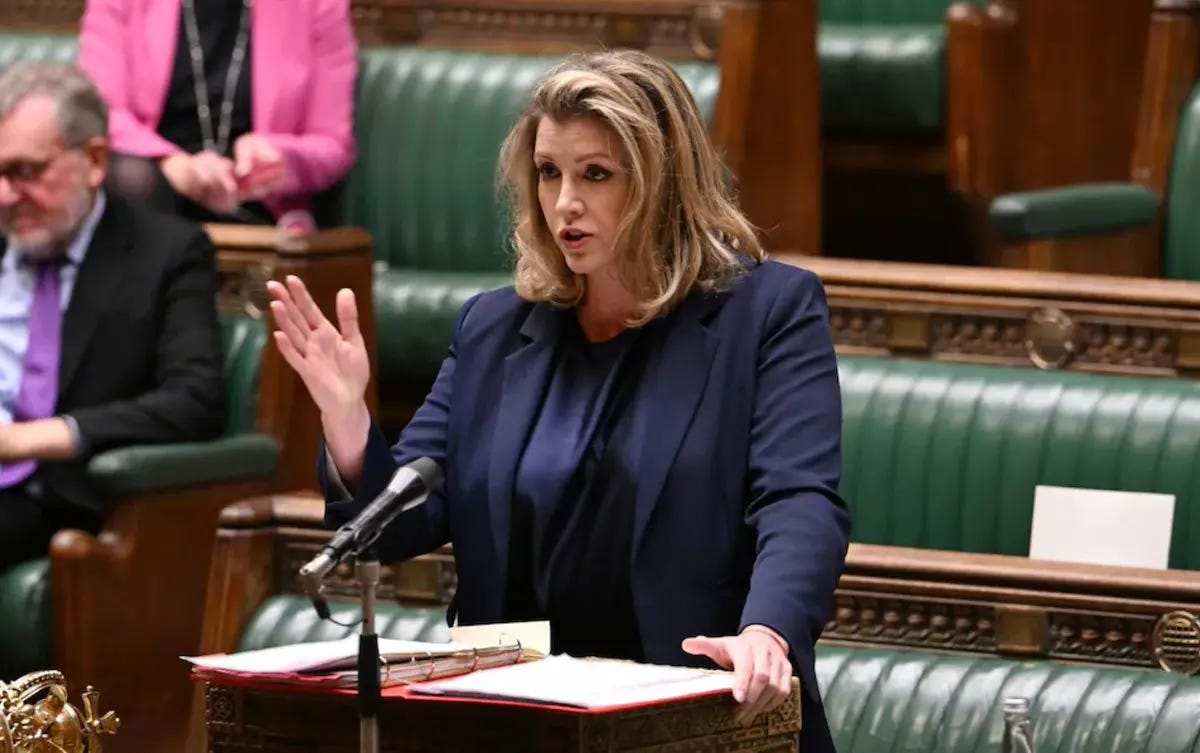The Safety of Rwanda (Asylum and Immigration) Bill, proposed by the Government, is set to return to the House of Commons on March 18, following 10 defeats in the House of Lords.
The Bill will undergo its third reading in the Lords on March 12, with MPs debating and voting on the amendments in the subsequent week.
Among the amendments supported by the Lords is the rejection of the government’s attempt to exclude courts from the process, effectively undermining the Bill’s intention to prevent legal challenges to a deportation scheme ruled unlawful by the Supreme Court.
The proposed legislation aims to designate Rwanda as a safe country to facilitate the deportation of asylum seekers who arrive via small boats in the English Channel. However, the Lords’ amendment reinstates the jurisdiction of domestic courts regarding Rwanda’s safety, allowing them to intervene.
Additional changes endorsed by the Lords include safeguards to protect unaccompanied children from being sent to Rwanda, a prohibition on removing victims of modern slavery and human trafficking, and individuals who collaborated with the UK military or government abroad.
Amendments were also made to ensure compliance with the rule of law and to prevent Parliament from declaring Rwanda safe until the promised treaty safeguards are fully implemented.
Prime Minister Rishi Sunak has emphasised “stopping the boats” as a key objective of his leadership and cautioned the Lords against impeding the Bill’s progress, framing it as an interference with the “will of the people”.
The series of defeats in the Lords sets the stage for a potential deadlock between the two Houses of Parliament, known as “ping-pong”, where the Bill will be shuttled back and forth until a consensus is reached on its wording.
These developments come against the backdrop of increasing migrant crossings in the English Channel, surpassing 3,000 for the year so far.
The contentious nature of the Bill reflects broader debates surrounding immigration policy and the treatment of asylum seekers, underscoring the complex challenges facing policymakers in addressing migration issues.



